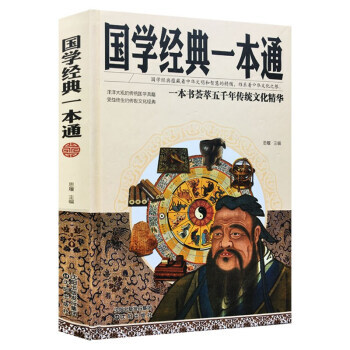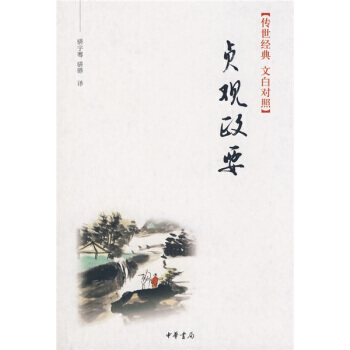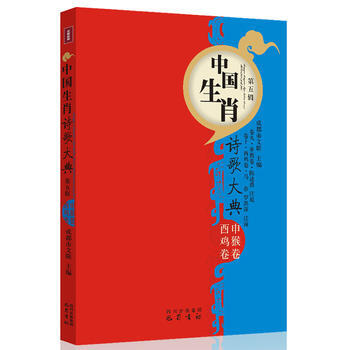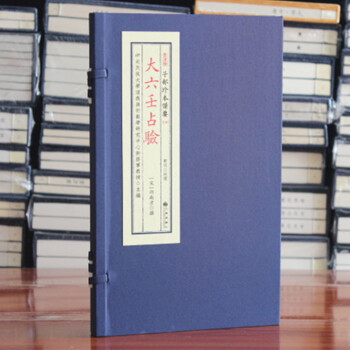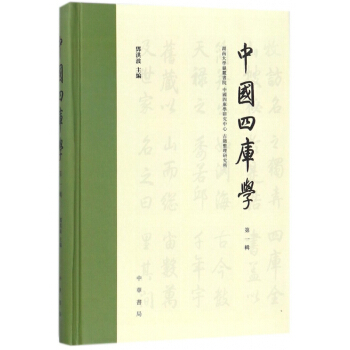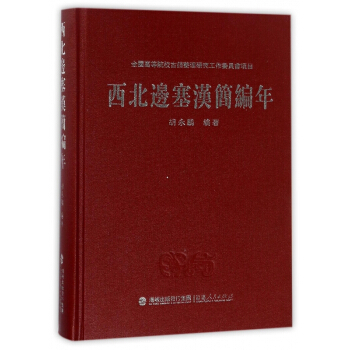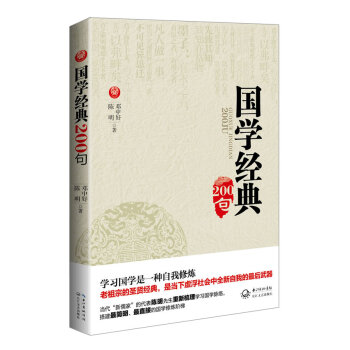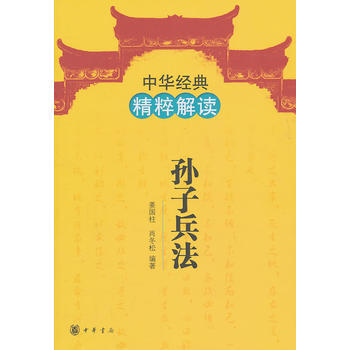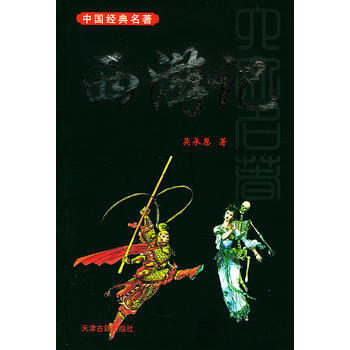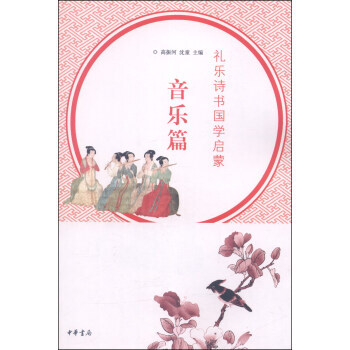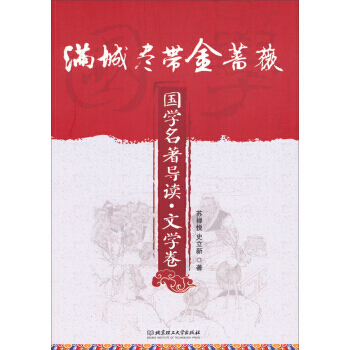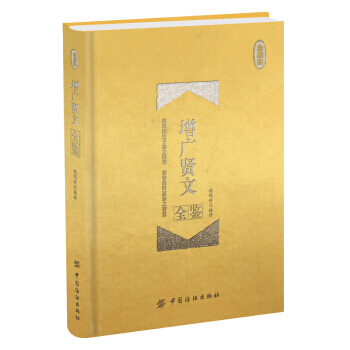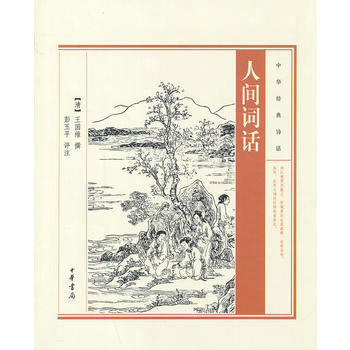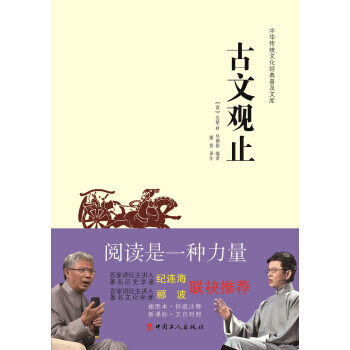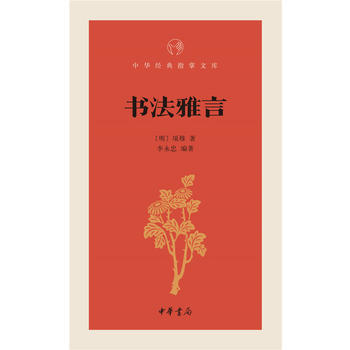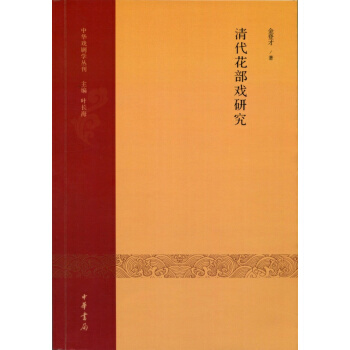具体描述
| 商品基本信息,請以下列介紹為準 |
| 商品名稱: | 詩經:無障礙閱讀珍藏版 |
| 作者: | (春鞦)孔子編 |
| 定價: | 196.0 |
| 齣版社: | 綫裝書局 |
| 齣版日期: | 2017-12-01 |
| ISBN: | 9787512029880 |
| 印次: | |
| 版次: | |
| 裝幀: | |
| 開本: | 小16開 |
| 內容簡介 |
| 《詩經》是中國古代詩歌的開端,也是早的一部詩歌總集。共分《風》《雅》《頌》三部分,反映瞭從西周初期到春鞦中頁約五百年間的社會麵貌。 |
《詩經》是中國最早的詩歌總集,距今已有兩韆多年的曆史。它 collection of poems from the Spring and Autumn period (771-476 BC) and the Warring States period (475-221 BC). The poems in The Book of Songs are diverse in theme, style, and form, covering a wide range of human experiences, including love, courtship, marriage, labor, warfare, politics, and ritual. The Book of Songs is divided into three parts: the Feng, the Ya, and the Song. The Feng consists of 160 folk songs from various states, reflecting the lives and emotions of ordinary people. The Ya, which comprises 105 poems, is further divided into the Greater Ya and the Lesser Ya. The Greater Ya features poems of praise and eulogy, often sung in court ceremonies, while the Lesser Ya includes poems of admonishment and criticism, as well as some love songs. The Song, with 40 poems, contains hymns and sacrificial songs used in religious rituals and state banquets. The language of The Book of Songs is simple, direct, and lyrical. The poems often employ repetition, parallel structures, and vivid imagery to create a powerful emotional impact. They provide valuable insights into the social, political, and cultural life of ancient China, as well as the thoughts and feelings of its people. The Book of Songs has had a profound influence on Chinese literature and culture. It has been a source of inspiration for poets, writers, and artists throughout history, and its themes and imagery continue to resonate with readers today. It is considered one of the Five Classics of Confucianism, and its study has been essential for understanding Chinese civilization. This edition, The Book of Songs: Accessible Reading Collector's Edition, is meticulously curated to offer a seamless and enriching experience for all readers. It goes beyond a mere compilation, aiming to foster a deeper appreciation for the timeless wisdom and enduring beauty of these ancient verses. Unveiling the Depths of Ancient Voices: The Book of Songs is not simply a collection of old poems; it is a vibrant tapestry woven from the threads of human experience from a bygone era. It is a testament to the enduring power of poetry to capture the essence of life, love, longing, and the myriad emotions that bind us. This edition seeks to unlock these ancient voices, allowing their melodies to resonate with clarity and power in the modern world. The poems within The Book of Songs offer a rare and intimate glimpse into the lives of the people of ancient China. They are not the pronouncements of distant rulers or the abstract pronouncements of philosophers, but rather the heartfelt expressions of farmers toiling in the fields, lovers meeting in secret groves, warriors preparing for battle, and families gathered for rituals. Each poem is a miniature window into a specific moment, a particular feeling, a shared concern. A Journey Through Diverse Themes: The thematic range of The Book of Songs is astonishingly broad, mirroring the complexity and richness of human existence itself. This edition endeavors to guide the reader through this diverse landscape, illuminating the common threads that connect us across millennia. The Realm of Love and Courtship: A significant portion of the collection is dedicated to the tender and often tumultuous journey of love. From the initial spark of attraction, the shy invitations whispered under the moon, to the pangs of separation and the joys of reunion, these poems capture the universal language of the heart. They speak of longing glances, stolen moments, the anxieties of waiting, and the profound solace found in companionship. The expressions of affection, while rooted in a specific cultural context, reveal the timeless human desire for connection and intimacy. The Rhythms of Daily Life: Beyond the realm of romance, The Book of Songs paints a vivid picture of the everyday lives of ancient Chinese people. You will encounter poems that celebrate the fruits of labor, the dedication to agriculture, the communal spirit of harvesting, and the simple pleasures derived from honest work. These verses offer a grounded perspective, highlighting the dignity and importance of manual labor and the connection between human endeavor and the natural world. The Echoes of Warfare and Governance: The collection also addresses the more somber aspects of life, including the anxieties and hardships of warfare. Poems from this category often reflect the perspectives of those left behind, the lament for absent loved ones, and the weariness that pervades times of conflict. Furthermore, some poems offer reflections on governance, offering gentle admonishments or subtle critiques, revealing a societal consciousness that valued virtuous leadership and the well-being of the populace. The Sacred and the Celebratory: The ceremonial and religious life of ancient China is also represented. Hymns and sacrificial songs speak of reverence for ancestors, the appeasement of spirits, and the collective expression of gratitude and hope during important rituals. These poems offer insights into the spiritual landscape of the time and the communal rituals that bound society together. Navigating the Poetic Forms: The Book of Songs is renowned for its diverse poetic structures and stylistic approaches. This edition aims to present these forms in a manner that enhances understanding and appreciation. The Elegance of Simplicity: Many of the folk songs, particularly those in the Feng section, are characterized by their seemingly simple language, repetitive refrains, and direct emotional expression. This simplicity, however, is not a lack of artistry but rather a powerful tool for conveying profound feelings with directness and impact. The Art of Parallelism and Repetition: The strategic use of parallelism, where similar grammatical structures and ideas are employed in consecutive lines, and repetition, where phrases or lines are echoed, creates a musicality and memorable quality. These techniques not only enhance the aesthetic appeal but also serve to emphasize key sentiments and imagery. Vivid Imagery and Symbolism: The poets of The Book of Songs masterfully employ vivid imagery drawn from the natural world. Birds, plants, rivers, and the changing seasons are not merely decorative but often serve as potent symbols that reflect human emotions and experiences. A bird's song might represent longing, a blooming flower the ephemeral nature of beauty, or a flowing river the passage of time. A Foundation for Cultural Understanding: The Book of Songs is more than just a literary treasure; it is a cornerstone of Chinese civilization. Its influence permeates countless aspects of Chinese culture, from classical literature and art to philosophical thought and everyday language. Literary Lineage: The poetic techniques, thematic concerns, and emotional depth found in The Book of Songs have served as a profound wellspring for generations of Chinese poets. Understanding these foundational works is crucial to appreciating the evolution and richness of Chinese literary tradition. Philosophical Roots: As one of the Five Classics of Confucianism, The Book of Songs has been studied and interpreted for centuries by scholars and philosophers. Its emphasis on moral conduct, social harmony, and the cultivation of virtue has shaped ethical frameworks and societal values. Linguistic Legacy: Certain phrases and expressions from The Book of Songs have become embedded in the Chinese language, continuing to be used and understood in modern discourse. Recognizing these linguistic echoes offers a deeper appreciation for the enduring power of these ancient words. This edition is crafted with the intention of making these profound and beautiful verses accessible to a wider audience, fostering a connection with the past and enriching the present. It invites you to embark on a journey of discovery, to listen to the whispers of ancient hearts, and to find in these timeless poems echoes of your own human experience. It is an invitation to delve into the origins of Chinese poetic expression and to experience the enduring power of words that have shaped a civilization.




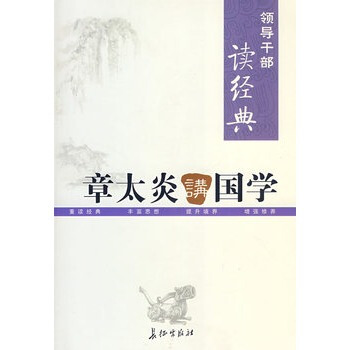
![本草纲目 [明] 李时珍 pdf epub mobi 电子书 下载](https://pic.tinynews.org/29947274019/5b3c2afcN3ceacc1d.jpg)
